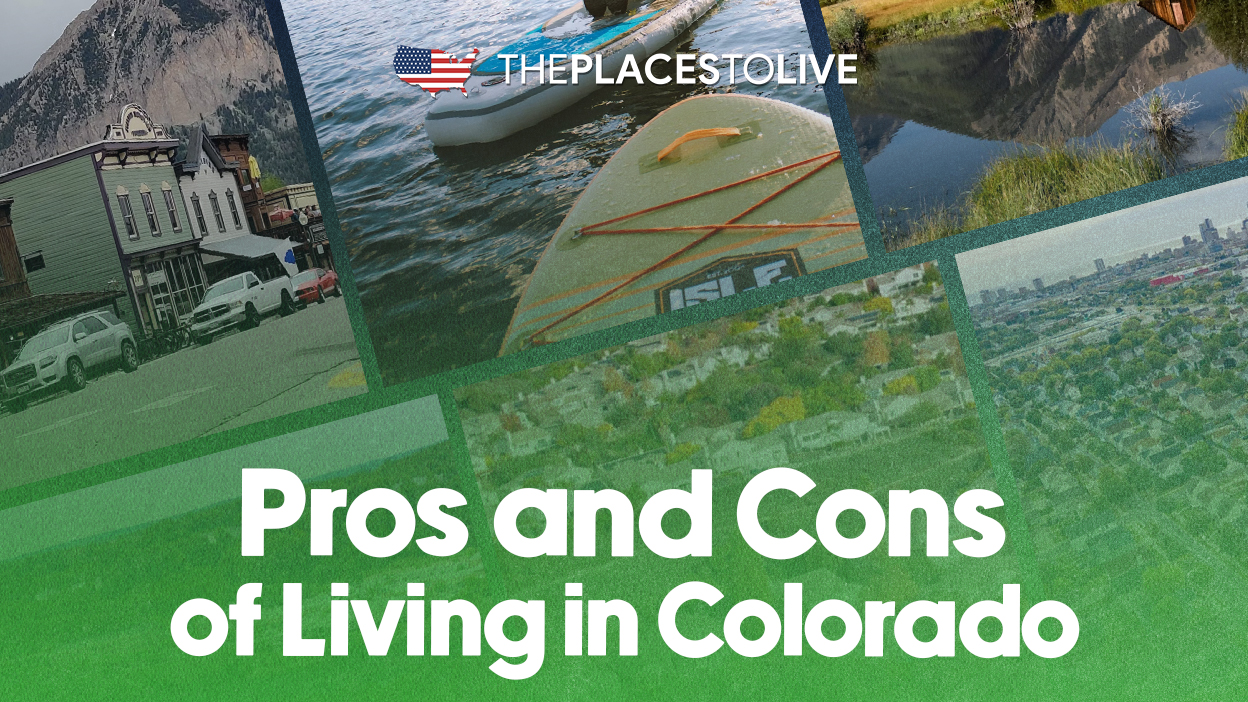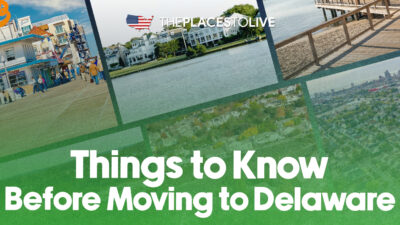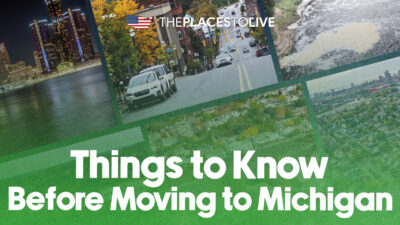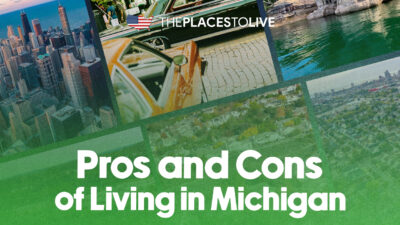Pros and Cons of Living in Colorado: A Comprehensive Guide
Colorado is a state that draws thousands to its borders each year. The pros and cons of living in Colorado are key to understanding why this diverse state is one of the most sought-after places to live. Known for its stunning natural landscapes, thriving economy, and active lifestyle, Colorado offers unique opportunities and challenges for residents.
This blog post explores these Colorado pros and cons in detail. We will look at the geography, lifestyle benefits, drawbacks, and overall quality of life to provide a balanced picture. By exploring both living in Colorado benefits and Colorado lifestyle drawbacks, you’ll have a clear understanding of whether this vibrant state is the right fit for your next home.
Overview of Living in Colorado
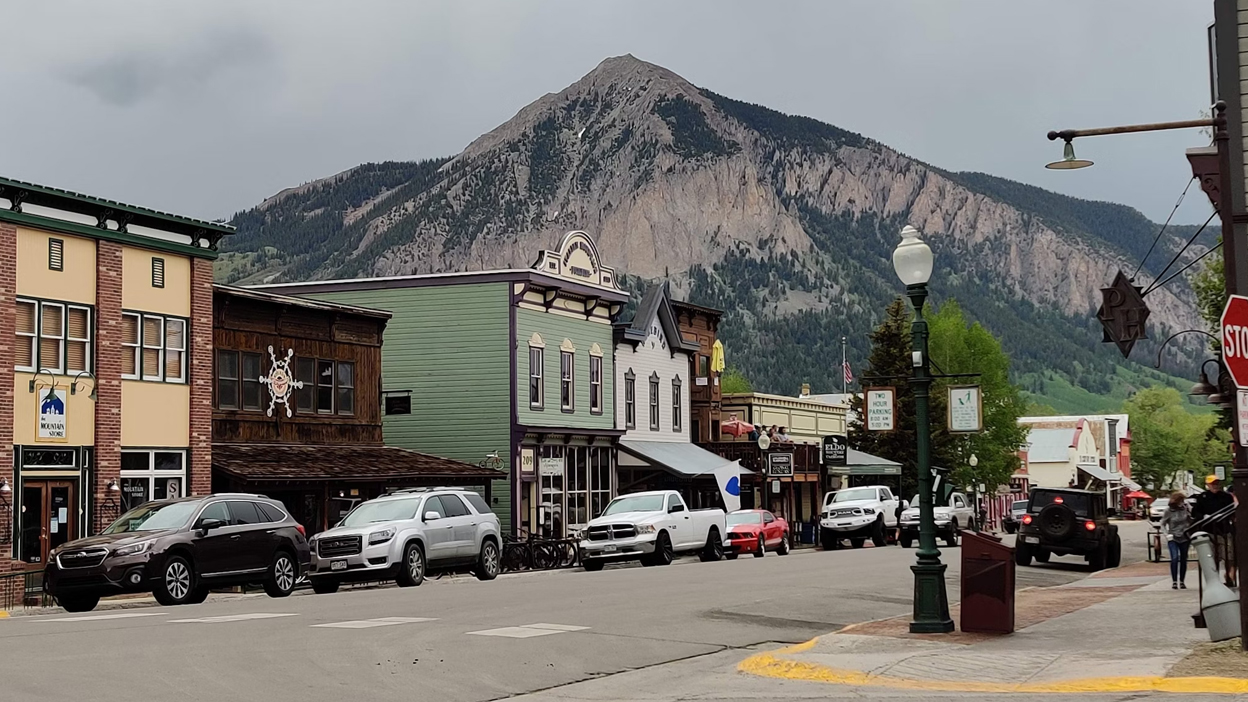
Geography and Urban Centers
Colorado’s landscape is famously diverse. From the soaring Rocky Mountains in the west to the wide-open eastern plains, the state offers a range of environments rarely found elsewhere. The Front Range corridor hosts the largest urban centers, including Denver, Boulder, and Colorado Springs. These cities combine metropolitan amenities with quick access to nature.
West of the Rockies, known as the Western Slope, features mountainous terrain, deserts, and scenic canyons. This geographical variety means lifestyles vary greatly depending on where you live—urban or rural, mountain or plains.
Climate Variation Across the State
Colorado’s climate changes drastically based on elevation and region. The eastern plains are dry, receiving about 7 inches of precipitation annually. They feature low humidity and experience large temperature swings between hot summers and cold winters.
In contrast, alpine zones in the mountains see heavy snowfall and short growing seasons. Summer days are bright and sunny across the state, contributing to Colorado’s reputation for abundant sunshine. Winters can be harsh, especially in the high country, with significant snow accumulation.
A Unique Blend of Culture
Colorado culture is shaped by its outdoor lifestyle and growing urban diversity. There is an emphasis on health, environmental awareness, and active living. Cities like Denver and Boulder are hubs for arts, technology, and entrepreneurship, while mountain towns foster close-knit communities centered on recreation.
Colorado Quality of Life Overview
Colorado ranks highly in overall quality of life due to its clean environment, active communities, access to healthcare, and education. However, geographic factors like altitude and climate pose challenges that affect everyday living.
Understanding these Colorado quality of life aspects—both benefits and drawbacks—helps frame what living in this state entails.
Pros of Living in Colorado
Stunning Natural Beauty and Outdoor Recreation
One of the biggest living in Colorado benefits is the unparalleled access to outdoor activities framed by breathtaking landscapes. The Rocky Mountains, along with numerous state and national parks, offer endless adventure opportunities.
Popular hiking trails such as those in Rocky Mountain National Park, Garden of the Gods in Colorado Springs, and the Maroon Bells near Aspen are renowned. The ski resorts at Vail, Breckenridge, and Aspen draw winter sports enthusiasts from around the globe.
Mountain biking, fishing, and camping are year-round pastimes embraced by residents. For anyone considering a move here, investing in quality gear like REI hiking boots or a durable Patagonia jacket will enhance your outdoor experience.
Thriving Job Market and Strong Economy
Colorado boasts a strong economy with a diverse job market. Key sectors include technology, green energy, aerospace, and healthcare. Denver, Boulder, and Colorado Springs have become innovation hotspots, supporting startups and established companies alike.
This robust employment base offers excellent career opportunities for professionals in growing industries, which is a significant draw for newcomers.
Healthy, Active Lifestyle and Wellbeing
The state’s culture prioritizes fitness, outdoor recreation, and sustainability. Community events like bike races, trail runs, and farmers markets emphasize wellbeing and social engagement.
Many residents embrace an active lifestyle as part of their daily routine, which positively affects mental health and quality of life.
Quality Healthcare and Education Access
Colorado provides access to reputable hospitals and healthcare facilities, particularly in urban centers. Both public and private schools rank highly, and universities such as the University of Colorado and Colorado State University add educational depth.
This combination makes Colorado attractive to families and professionals seeking quality healthcare and education services.
Favorable Tax Environment
Compared to high-tax states like California and New York, Colorado offers more moderate state income and property tax rates. While the cost of living is rising, these tax advantages help ease the financial burden for many residents.
Cons of Living in Colorado
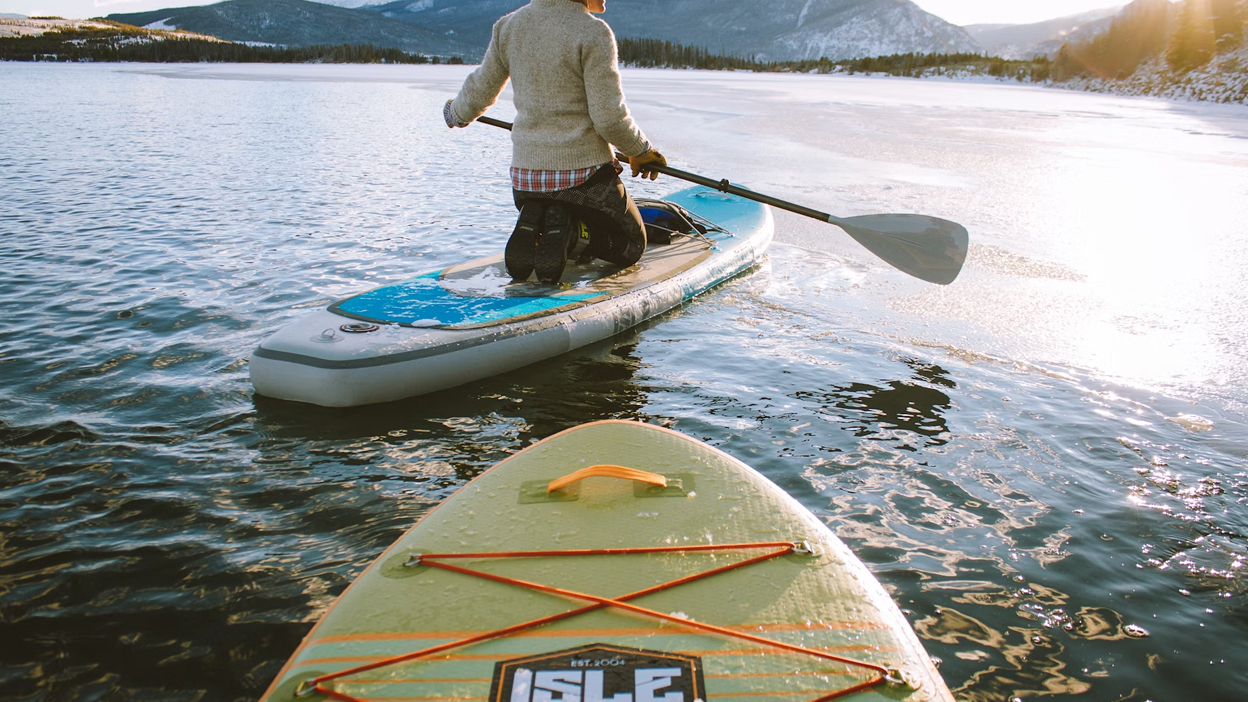
High Cost of Living and Housing Market
One of the biggest Colorado lifestyle drawbacks is the high cost of living. Rapid population growth, especially in Denver and Boulder, has driven housing prices and rents to steep levels.
Many residents struggle with affordability and face competition due to limited housing supply. Those relocating should expect to conduct a thorough search and may benefit from using real estate search tools to find suitable options.
Traffic Congestion and Urban Sprawl
As metro areas expand, traffic congestion and longer commute times have grown. Infrastructure struggles to keep pace with development, impacting daily life for many.
Urban sprawl also changes the landscape, reducing some of the proximity to nature residents value.
Harsh Winters and Altitude Health Issues
While winters provide fantastic skiing and snowboarding, they are often cold and snowy, especially in mountain regions. This can be a challenge for newcomers unused to the climate.
Altitude sickness is a common concern, with symptoms including headaches, dizziness, nausea, and breathing difficulties. Adjusting to the thinner air at higher elevations takes time.
Investing in protective gear like a North Face winter coat is essential to staying warm. Indoor air quality can be dry due to winter heating and drought conditions, making a Dyson air purifier and eco-friendly humidifier valuable for combating dryness and maintaining health.
Limited Public Transportation Outside Metro Areas
While Denver offers fixed-route transit options, much of the state lacks public transportation. Outside urban centers, car ownership is essentially required, adding to expenses and limiting mobility for some residents.
Environmental Challenges: Droughts and Wildfires
Colorado faces increasing environmental risks from drought and wildfires. These affect safety, insurance costs, and lifestyle choices, especially in communities near forested or dry regions.
Proactive fire management and water conservation efforts are ongoing but cannot eliminate the risks entirely.
Detailed Analysis of Colorado Quality of Life
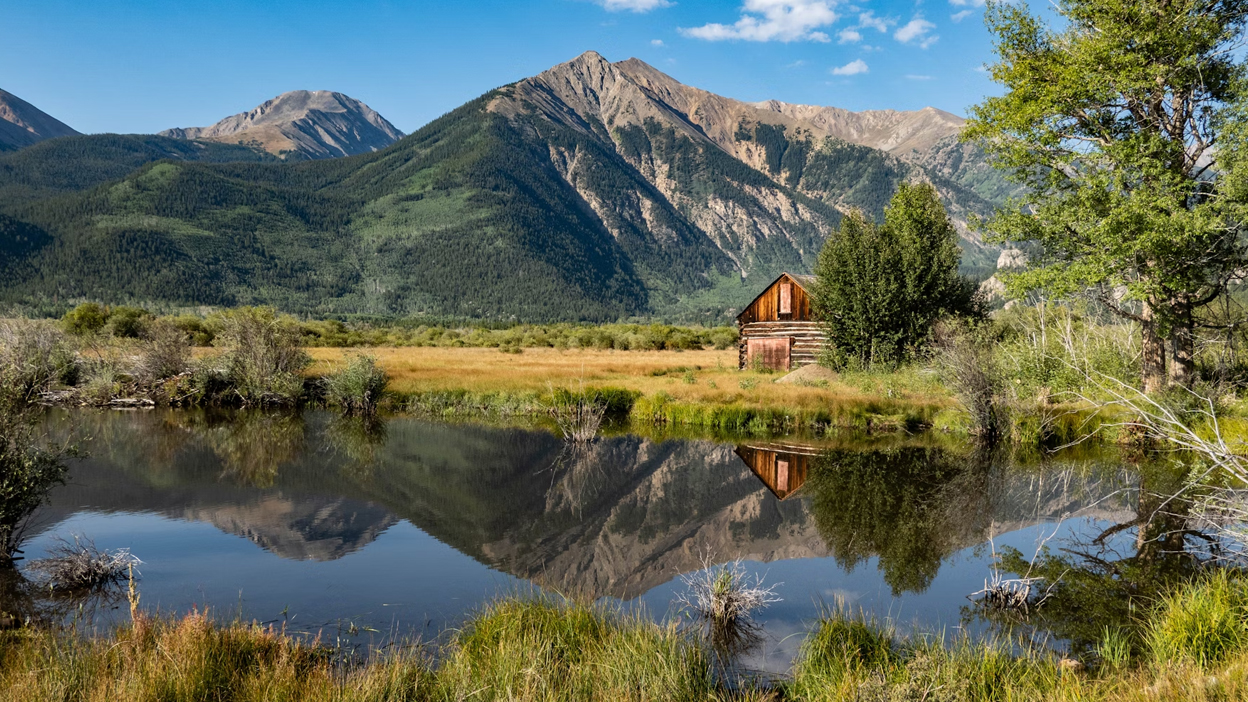
Safety in Urban and Rural Areas
Overall, Colorado experiences moderate crime rates. Urban neighborhoods vary greatly, with some family-friendly and safe, while others face typical metropolitan crime challenges.
Many suburbs and rural communities offer peace of mind for families and retirees, contributing to the state’s appeal as a livable area.
Strong Educational Institutions
Colorado’s primary and secondary schools generally perform well, especially in urban and suburban districts.
Higher education thrives with major public universities like the University of Colorado in Boulder and Colorado State University in Fort Collins. These institutions support workforce development and cultural vibrancy.
Community Engagement and Environmental Awareness
Colorado’s outdoor-focused lifestyle promotes community participation in environmental causes, fitness activities, and cultural events.
However, residents are increasingly mindful of climate change implications, wildfire risk, and water supply issues that influence living conditions and recreational access.
Balancing Pros and Cons for Wellbeing
Natural beauty, economic opportunity, and active living greatly enhance residents’ quality of life. However, rising costs and environmental challenges require thoughtful consideration.
Many choose to stay and adapt, while others relocate within the state to manage these factors better.
Pros and Cons of Living in Colorado: Quick Summary Table
| Pros | Cons |
|---|---|
| Stunning natural scenery | High cost of living and housing |
| Abundant outdoor recreational activities | Traffic congestion and urban sprawl |
| Growing, diverse job market | Harsh winters and altitude sickness |
| Healthy, active lifestyle | Limited public transportation |
| Access to quality healthcare and education | Environmental risks: drought and wildfire |
| Favorable tax rates |
FAQs
What are the main pros and cons of living in Colorado?
The main advantages include natural beauty, diverse outdoor activities, a robust economy, and quality healthcare. The drawbacks are high housing costs, harsh winter weather, traffic congestion, and environmental risks.
How does Colorado’s cost of living compare to other states?
Colorado’s cost of living is above the national average, driven by housing demand, particularly in Denver and Boulder. However, its lower state tax rates help offset some financial pressure.
Is Colorado suitable for families, retirees, or young professionals?
Yes. Families and retirees often favor suburbs and quieter towns, while young professionals thrive in urban hubs like Denver and Boulder, which offer vibrant job markets and social scenes.
How does Colorado’s climate affect daily living and health?
The sunny climate is a benefit, but altitude can cause initial health issues such as altitude sickness. Winters are long and snowy in some areas, requiring adaptation and appropriate gear.
What outdoor activities are most popular and available year-round?
Hiking, skiing, snowboarding, mountain biking, fishing, and camping are popular throughout the year, making outdoor recreation a core part of Colorado lifestyle.
Conclusion
The pros and cons of living in Colorado paint a picture of a state rich in natural beauty, economic opportunity, and a culture of health and outdoor activity. While the high cost of living, challenging winters, and urban infrastructure issues present obstacles, many find the living in Colorado benefits outweigh these factors.
If you’re considering a move, reflect on your personal lifestyle priorities. Research local neighborhoods, use real estate search tools, and consult moving services to find a fit that suits your needs.
To enhance your comfort and enjoyment of Colorado’s environment, consider quality gear like REI hiking boots, Patagonia jackets, or indoor climate support products such as Dyson air purifiers and eco-friendly humidifiers.
Weighing these Colorado pros and cons carefully will help you make the best decision for a rewarding and vibrant life in this beautiful state.


